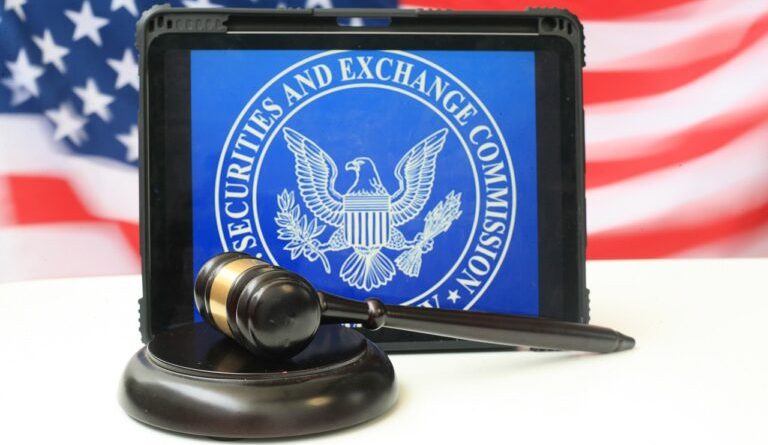SEC vs. Ripple: Dive into the Interlocutory Appeal Push
In a significant development on 13 July 2023, Hon. Analisa Torres of the United States District Court for the Southern District of New York delivered her ruling on the lawsuit initiated by the SEC against Ripple Labs and its two senior executives, Bradley Garlinghouse and Christian A. Larsen, in December 2020. The SEC claimed that Ripple and its leaders unlawfully offered and sold securities, violating the Securities Act of 1933. The court’s decision was mixed, granting some motions from both parties while denying others. Notably, the judge clarified that XRP, as a digital token, did not inherently qualify as a “contract, transaction, or scheme” that met the Howey requirements of an investment contract.
An interlocutory appeal allows a party to appeal a specific decision before the entire case concludes. It’s typically sought when a party believes that a particular ruling can significantly impact the case’s outcome. On 9 August 2023, the SEC penned a letter to Judge Torres, expressing its intention to file an interlocutory appeal regarding two primary decisions from the July 13 ruling. The SEC also sought to pause the district court proceedings during the appeal.
On 17 August 2023, Judge Analisa Torres granted the SEC’s request, allowing them to proceed with filing their motion for an interlocutory appeal. This decision set the stage for the SEC to officially present its arguments for the appeal.
On 19 August 2023, the SEC officially filed its NOTICE OF MOTION TO CERTIFY INTERLOCUTORY APPEAL.
In its supporting memorandum, the SEC detailed its reasons:
Programmatic Sales & Other Distributions: The SEC took issue with the court’s ruling that Ripple’s “Programmatic” sales and “Other Distributions” of XRP did not meet the criteria of securities under the Howey test.
Controlling Legal Issues: The SEC emphasized that the contested rulings were pivotal legal issues that could shape the case’s outcome.
Substantial Grounds for Difference of Opinion: The SEC pointed to a disagreement within the same jurisdiction, where another court had a differing opinion on the Programmatic Sales ruling.
Efficiency and Final Termination of Litigation: The SEC argued that resolving these issues now would streamline the legal process, preventing the need to revisit them in future litigation stages.
The motion underscores the SEC’s belief that the July 13 rulings were pivotal and could significantly impact the broader regulatory landscape for digital assets.
The SEC’s motion to certify for an interlocutory appeal in its case against Ripple Labs is a significant development. However, it’s essential to note that while Judge Torres has permitted the SEC to file this motion, it doesn’t automatically mean the case will proceed to the Second Circuit. The motion is essentially the SEC’s formal request to have certain rulings from the July 13 decision reviewed by an appellate court.
The next steps in this process are crucial:
- Ripple’s Response: Ripple Labs and its executives have until 1 September 2023, to file their response to the SEC’s motion. This response will outline their arguments against the SEC’s request for an interlocutory appeal.
- Judge Torres’ Decision: After considering both the SEC’s motion and Ripple’s response, Judge Torres will decide whether to certify the interlocutory appeal. If she certifies it, the case’s specific aspects will be reviewed by the appellate court. If she denies it, the case will continue in her court without the appellate review at this stage.
- Potential Appellate Review: If the interlocutory appeal is certified, the appellate court will review the specific rulings from the July 13 decision. Their findings can affirm or overturn Judge Torres’ rulings.
Featured Image Credit: Photo / illustration by “sergeitokmakov” via Pixabay
Source: Read Full Article


